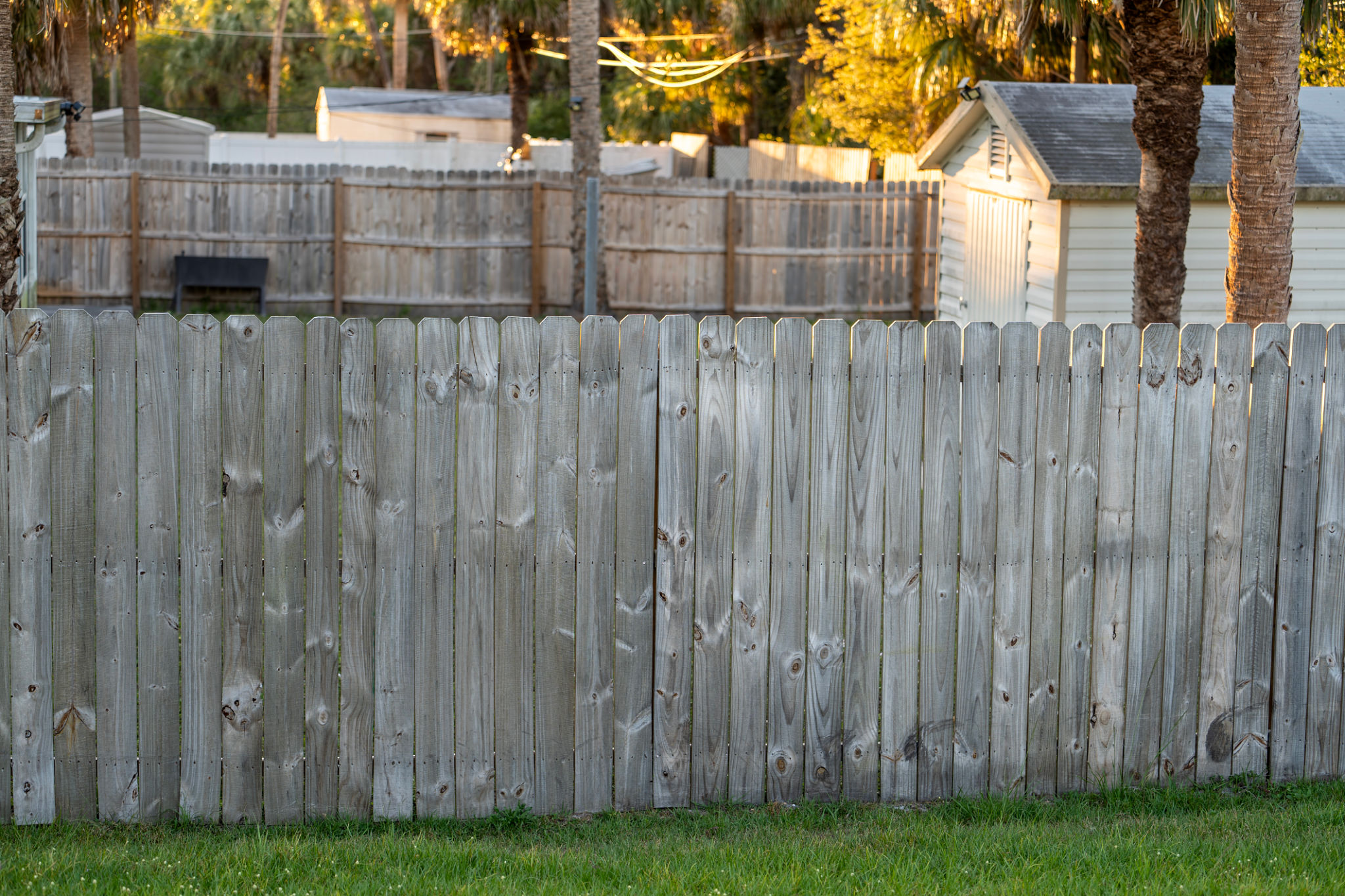Understanding Local Fencing Regulations in Clark County
Introduction to Local Fencing Regulations
Fencing can serve multiple purposes, from defining property lines to enhancing security and aesthetics. However, before you start your fencing project in Clark County, it's crucial to understand and comply with the local regulations. This guide will walk you through the essential aspects of fencing laws in the area.
Understanding Zoning Regulations
Zoning regulations in Clark County dictate the types of fences allowed in different areas. Residential, commercial, and industrial zones may have distinct requirements regarding fence height, materials, and placement. It's essential to check the zoning classification of your property to ensure compliance with these specific guidelines.

Height Restrictions
One of the most critical aspects of fencing regulations is height restrictions. In residential areas, fences in the front yard are typically limited to a height of 3 to 4 feet, while backyard fences can be as tall as 6 feet. However, these measurements can vary depending on specific neighborhood covenants or homeowner association rules.
Permits and Approval Process
Before erecting a fence, you may need to obtain a permit from the Clark County Department of Building and Safety. The application process usually requires submitting detailed plans of the proposed fence, including dimensions and materials. Some neighborhoods might also require approval from a homeowner's association.

Material Guidelines
The choice of materials for your fence can also be subject to local regulations. While wood, vinyl, and chain-link are commonly permitted materials, certain areas might have restrictions on more unconventional materials like metal or concrete. Confirming these rules beforehand can save time and resources.
Boundary and Property Line Considerations
When installing a fence, it's crucial to respect property lines and avoid encroaching on neighboring properties. A professional surveyor can help determine the accurate boundaries of your property. In some cases, shared fences might require agreements with adjacent property owners.

Maintenance and Repair Obligations
Once your fence is installed, maintaining it in good condition is not just beneficial for aesthetics but also a legal requirement in some areas. Local ordinances may require regular maintenance to prevent fences from becoming hazardous or unsightly.
Conclusion: Ensuring Compliance and Avoiding Penalties
Understanding and adhering to local fencing regulations in Clark County is essential for a successful project. Non-compliance can result in fines or even the removal of your fence. By thoroughly researching and following these guidelines, you can ensure your fencing project is completed smoothly and legally.